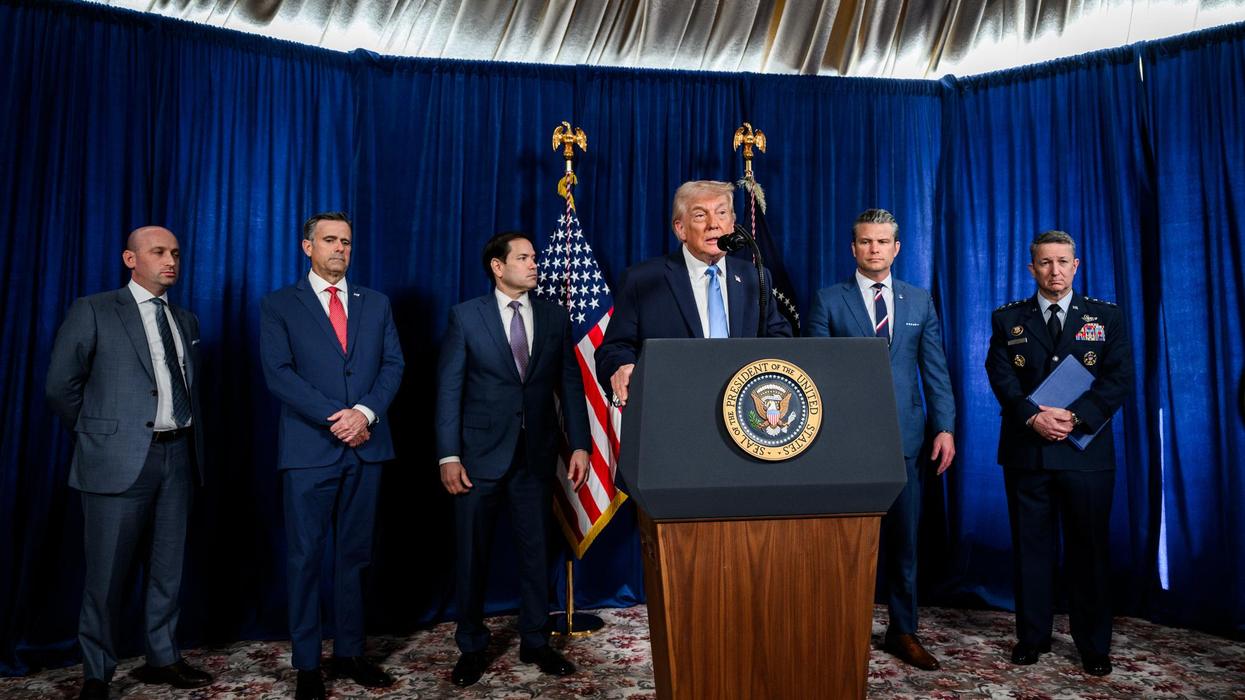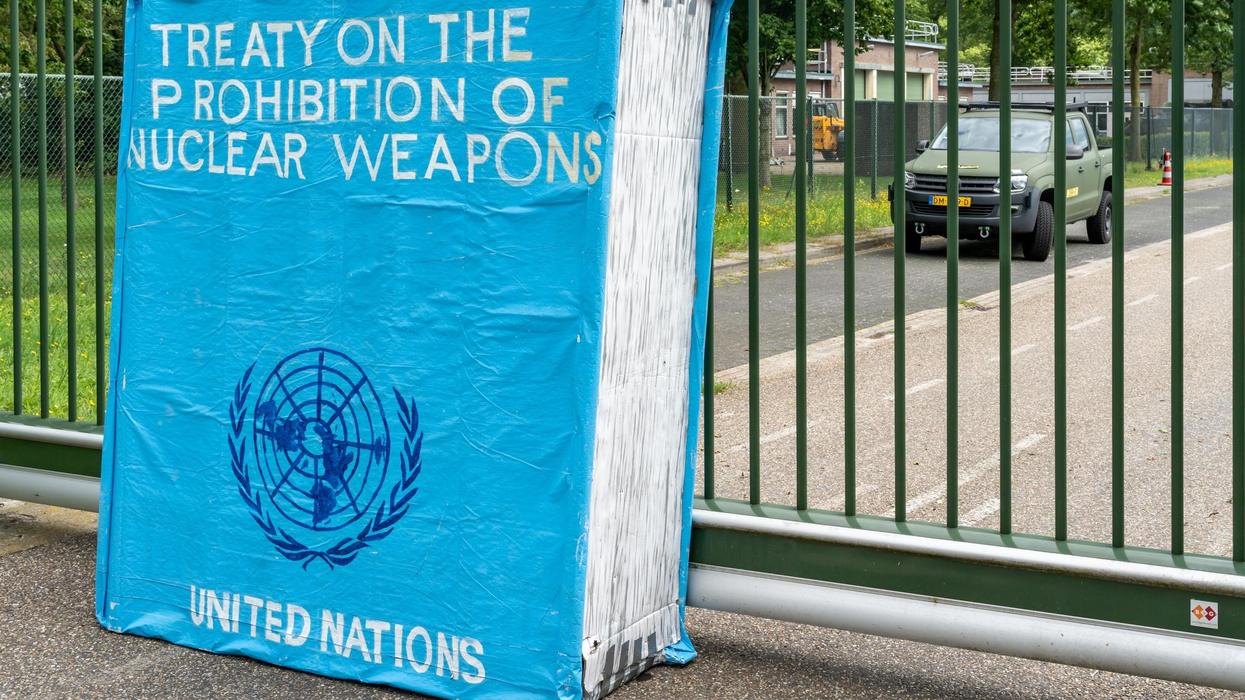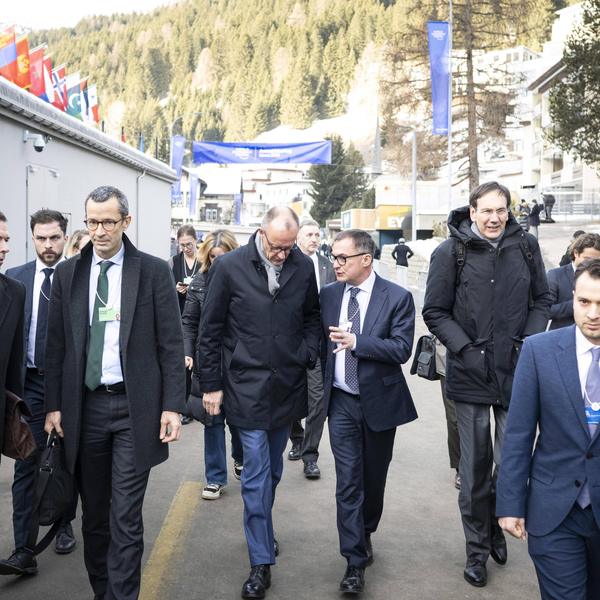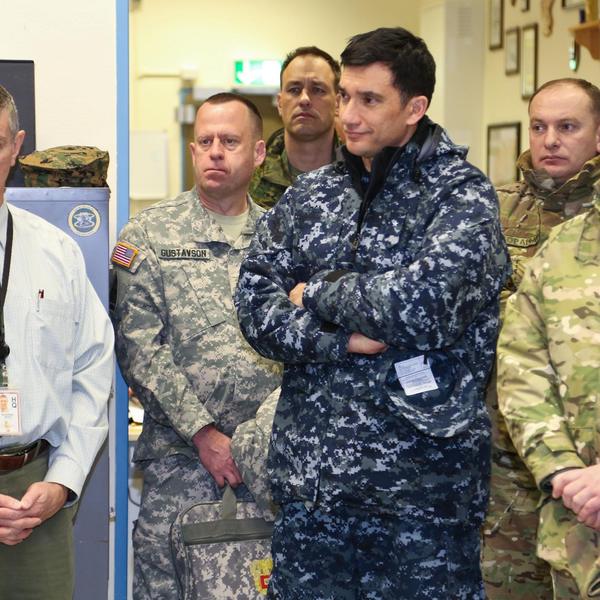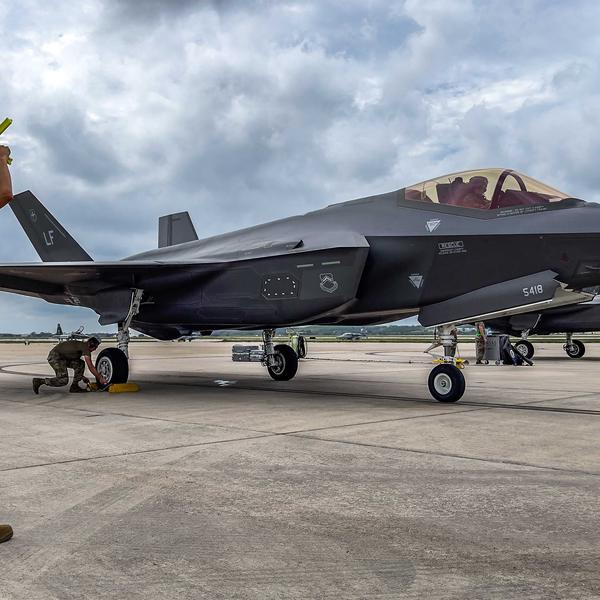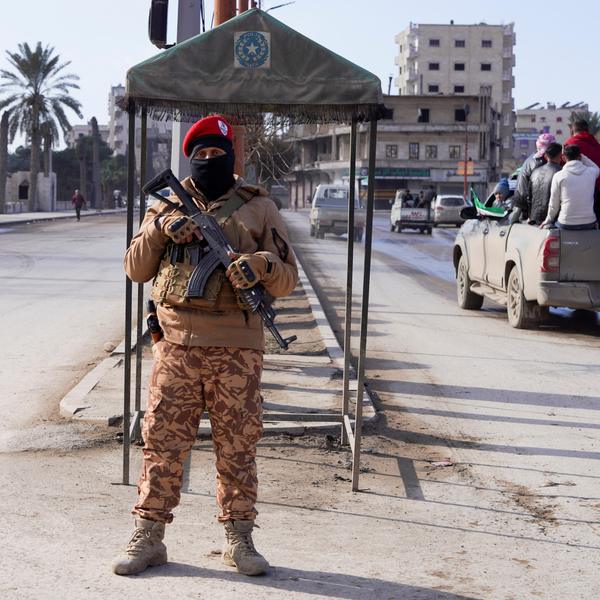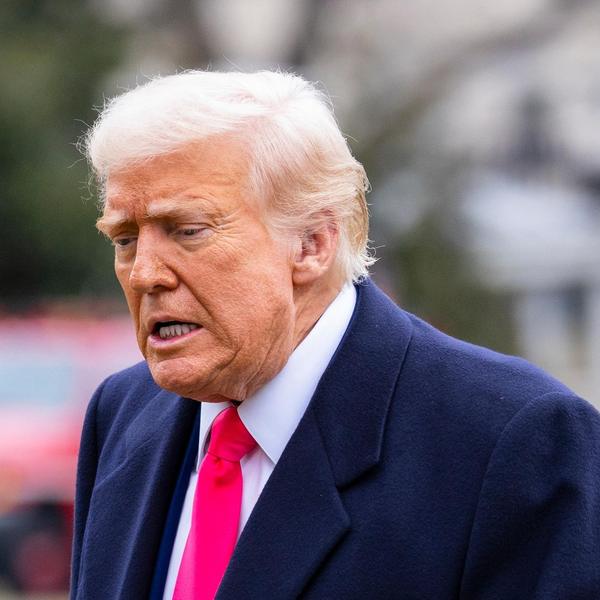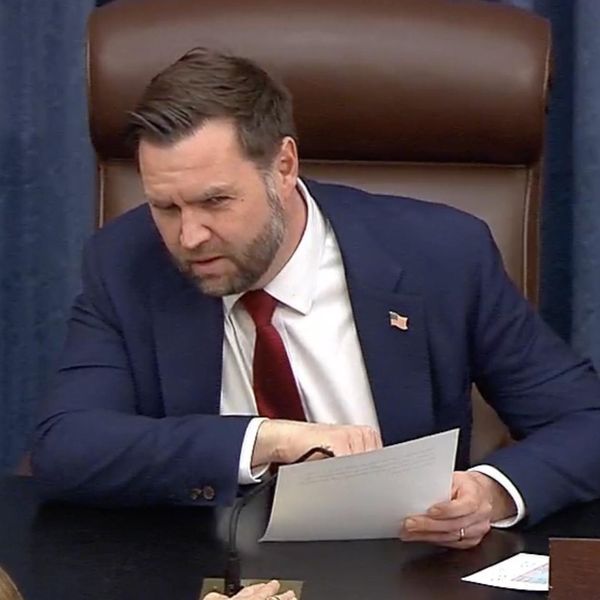A year into the Abraham Accords, it is clear that the agreement has only delivered arms sales, but no peace.
The Israeli-Palestinian conflict continues to deteriorate, de facto annexation of Palestinian territory proceeds all the while the U.S. embrace of the agreement signals American endorsement of this negative status quo. Rather than advancing American interests by promoting peace in the region, the U.S. is helping cement conflict under the guise of forging reconciliation between three countries that never have been at war.
Yet things can get even worse. At a time when the U.S. should be reducing its military footprint in the region, the accord could bring America back into war in the Middle East by lowering the bar for Israeli military action against Iran. Any military confrontation between Israel and Iran will likely suck in the U.S. as well. As the Quincy Institute's Steven Simon wrote in his June brief on the subject, the risk of the accord playing this destabilizing role is particularly acute if talks to revive the Iran nuclear agreement collapse.
Moreover, the accord undermines prospects of finding true peace in the region between Israelis and Palestinians. Recognition of Israel was always a means to an end — not an end in and of itself. The accord flipped this on its head and offered recognition without any movement on the Israeli-Palestinian front, further reducing Israel's incentives to compromise with the Palestinians. Not surprisingly, all the countries who have signed onto the accord have either done this under duress or due to American — not Israeli — concessions on other matters.
Sudan was coerced into signing on lest it wouldn't get off the U.S. terror list. Morocco was offered a major shift on the U.S. position on West Sahara. The UAE was offered F35 fighter jets — advanced American weaponry the Emiratis want in order to bind Washington to the security of their authoritarian state. None of these trade-offs do anything to bring peace to the Middle East, nor do they, in the final analysis, advance U.S. national security.



